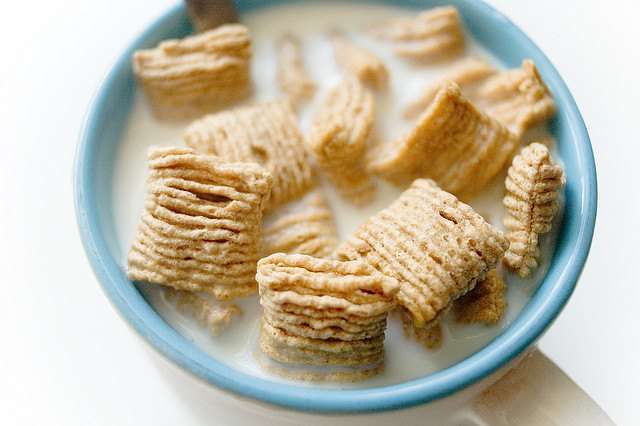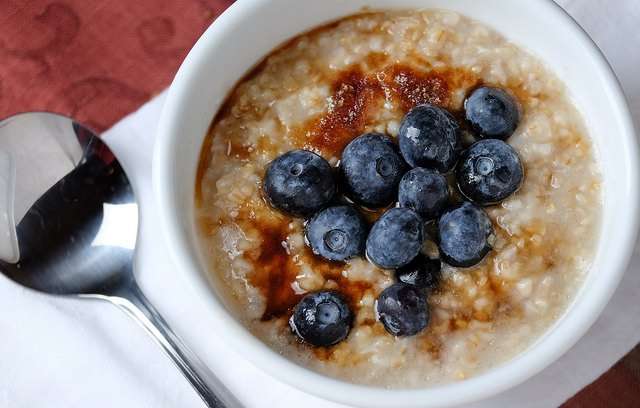Cooking Indian Food At Home: 7 Easy, Good-For-You Recipes
Indian food may seem elaborate and intimidating, but studies show spices used in Indian cooking are very good for you—so here's the easy way to cook it.

When I was morbidly obese, I once accepted a challenge from my brother to eat 5 bowls of Cocoa Krispies cereal in one sitting. As a cereal addict who also happens to love chocolate, victory was sweet. However, I never touch Cocoa Krispies today. It's not because I stopped eating cereal.
I now know breakfast is the most important meal of the day, and you shouldn't be filling it with sugar.
If you don't know how to figure out which cereals are "healthy" for you, use these guidelines to pick the most nutritious ones on your grocer's shelves.
The best policy is to eat a cereal that has no added sugar. Examples include, Original Shredded Wheat or All Bran. Add some fruit to make it sweeter.
If you must have some sugar, be sure to choose those with as few grams as possible–8 grams at the very most.
The average American gets less than 15 grams of fiber every day. The recommended amount is 25 grams or more! Eating a high fiber, whole grain cereal can prevent you from craving sugary snacks in the afternoon, and helps with digestion. Fiber also helps to regulate blood sugar levels. Choose Kellogg's Grape-nuts or Trader Joe's High Fiber O's.
Many cereals have added ingredients, like protein, that could upset your stomach. If you are having your cereal with milk, you don't need any added protein anyway. If you can't pronounce it, or recognize it, choose a different option. (But remember some of those ingredients might be vitamin supplements.) Also, sugar goes by a variety of names, many ending in "tol." Select Cheerios (only the original, plain Cheerios), Puffed Rice, or cereals with 5 ingredients or less.
Granola is packed with sugars and fruit, so it is not the healthiest option. Cut down on the sugar rush by mixing a smaller amount of granola with full fat Greek yogurt. Better yet, get a similar crunch (without the calories) by mixing chia, flax, or unsweetened coconut chips into your yogurt instead.
A gluten-free diet does NOT mean a healthy diet. It simply means you have to avoid gluten, which is a protein found in wheat products. If you have celiac disease or are gluten intolerant, then you need to avoid most high-fiber cereals, which often have wheat or bran.

Gluten-free diets often get their main source of fiber and nutrients from vegetables and fruits instead of cereal. Even cereals like Quaker Oats Crunchy Corn Bran is not certified gluten-free. Some cereals, like Barbara's Puffins, do have some high fiber options which are also gluten-free.
While gluten-free cereals can be an easy grab-and-go option, these 6 easy grab-and-go breakfasts are overall healthier than just a low fiber grain with milk. The reason is because they incorporate fiber and protein from vegetables, fruits or nuts.
In general, increasing your fiber intake is a healthy choice to make, especially if you struggle to eat the daily recommended fruits and vegetables and want to lose weight. I once lost 100 pounds by increasing my fiber intake as part of a healthy eating program, most of which came from switching my white grains to whole grains. After I started eating more whole grains, I then focused on increasing my vegetables, until I found a healthy balance of both to round out my day and increase my energy.
Jennifer Espinosa-Goswami is a health coach and motivational speaker who escaped morbid obesity over 14 years ago. A member of the National Weight Control Registry, and Move It Monday Ambassador, she loves dancing in her living room and eating bean burritos.
Share the Tips with Your Knowledge-Hungry Friends:
Be the first to comment